Otherwise, “with the judgment you pronounce you will be judged, and the measure you give will be the measure you get” (Matt. 7:2).
Measure For Measure
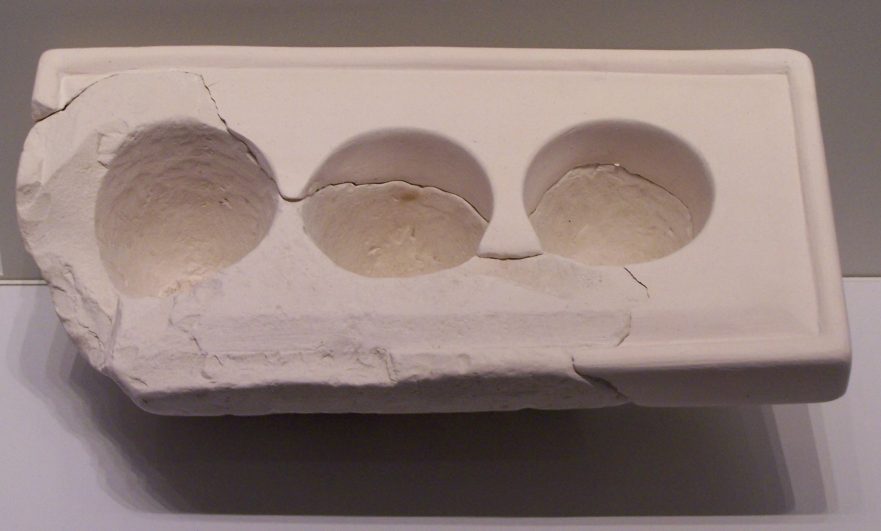
Transcribed and Edited Jerusalem Bible Study As the topic for this Bible study, I have chosen Midah KeNeged Midah, which means “measure for measure.” A longer version of this mishnaic Hebrew idiom is במידה שאדם מודד בה מודדין לו (Bamidah she’adam moded ba, modedin lo; m. Sotah 1:7, Codex Kaufmann), which may be translated “by the measure that a man measures, they measure to him.” In Jewish literature the rabbis often referred to this principle simply as מידה כנגד מידה (Midah KeNeged Midah). In English, people say, “What goes around comes around,” or “He reaped what he sowed.”
The Theological Significance of the Parable in Rabbinic Literature and the New Testament
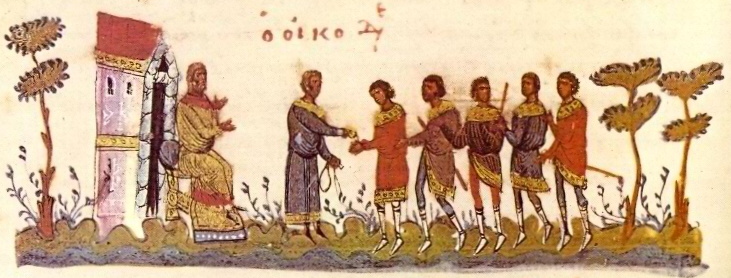
When he was alone, the Twelve and others who were around him questioned him about the parables. He replied, “To you the secret of the kingdom of God has been given; but to those who are outside, everything comes by way of parables, so that (as Scripture says) they may look and look, but see nothing; they may hear and hear, but understand nothing; otherwise they might turn to God and be forgiven.”
(Mark 4:10-12; NEB)
What Did Jesus Mean by “Do Not Judge”?

One of Jesus’ sayings regarding judging is nearly identical to other rabbinic sayings on the subject: “For in the way you judge, you will be judged; and by your standard of measure, it will be measured to you” (Matt. 7:2; Luke 6:38).
JPs New Search Could Transform Your Study

Here are some examples: Matt 6:19-21 or Matt 6-9 Dwelling or Matt 6-9 NOT Dwelling To see more examples and to learn how to capitalize on this new power, we’ve created a special page.
Friend In Need Simile

— /wp:heading –> Matt. 7:7-8; Luke 11:5-10 (Huck 38, 147, 148; Aland 70, 186, 187;
Crook 53, 211, 212)For abbreviations and bibliographical references, see “Introduction to ‘The Life of Yeshua: A Suggested Reconstruction.'”…
The author of Matthew omitted all but the conclusion of the Friend in Need simile, with the result that many scholars regard the “Ask, Seek and Knock” saying (Matt. 7:7-8 ∥ Luke 11:9-10) as an independent logion. … — wp:block {“ref”:18046} /–> Conjectured Stages of Transmission
The portion of Friend in Need that appears in Matthew agrees so closely with Luke’s version that Matt. 7:7-8 ∥ Luke 11:9-10 must be classified as Type 1 Double Tradition (DT). … Given the evidence that the author of Luke copied the conclusion of the Friend in Need simile (Matt. 7:7-8 ∥ Luke 11:9-10) from Anth., it follows that he copied the rest of the pericope from the same source.
Fathers Give Good Gifts Simile
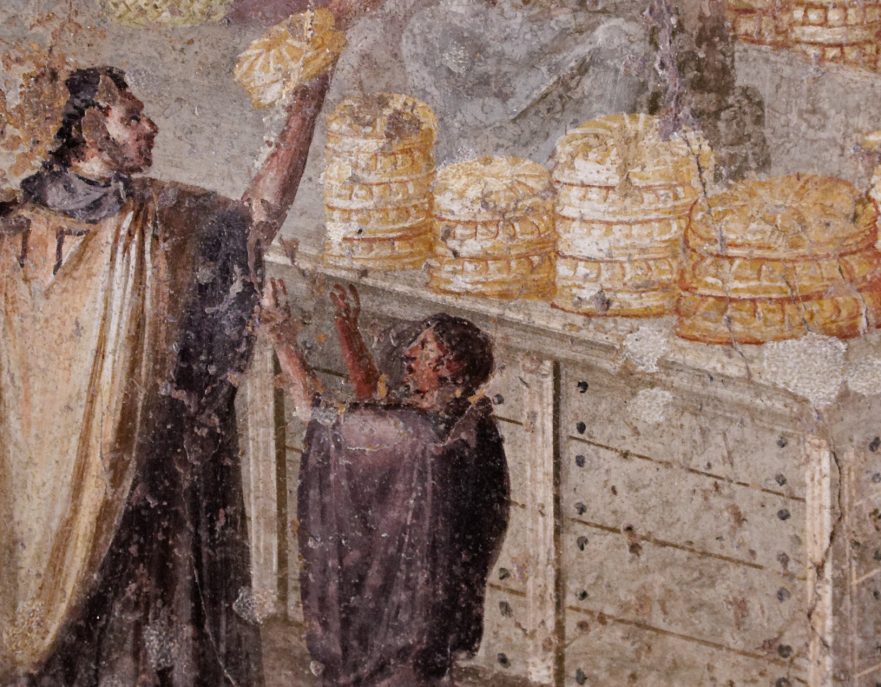
Matt. 7:9-11; Luke 11:11-13 (Huck 38, 148; Aland 70, 187; Crook 53, 212)For abbreviations and bibliographical references, see “Introduction to ‘The Life of Yeshua: A Suggested Reconstruction.'”… although the author of Matthew omitted Friend in Need’s illustration, he preserved Friend in Need’s application (Matt. 7:7-8 ∥ Luke 11:9-10) and immediately afterward copied Fathers Give Good Gifts (Matt. 7:9-11 ∥ Luke 11:11-13).
“It Is Said to the Elders”: On the Interpretation of the So-called Antitheses in the Sermon on the Mount

This impression is confirmed when we read, at the conclusion of the sermon, that Jesus “taught them as one having authority and unlike their scribes” (Matt. 7:29).
The Origin of the Gospels

Front cover of the issue of The Church Quarterly Review in which Lockton’s groundbreaking article, “The Origin of the Gospels” appeared. The July issue of The Church Quarterly Review in 1922 contained an article by William Lockton in which the author challenged the scholarly consensus concerning the solution to the Synoptic Problem. This important study, which is now in the public domain, was later to be of great importance to Rev. Dr. Robert L.
Persistent Widow Parable
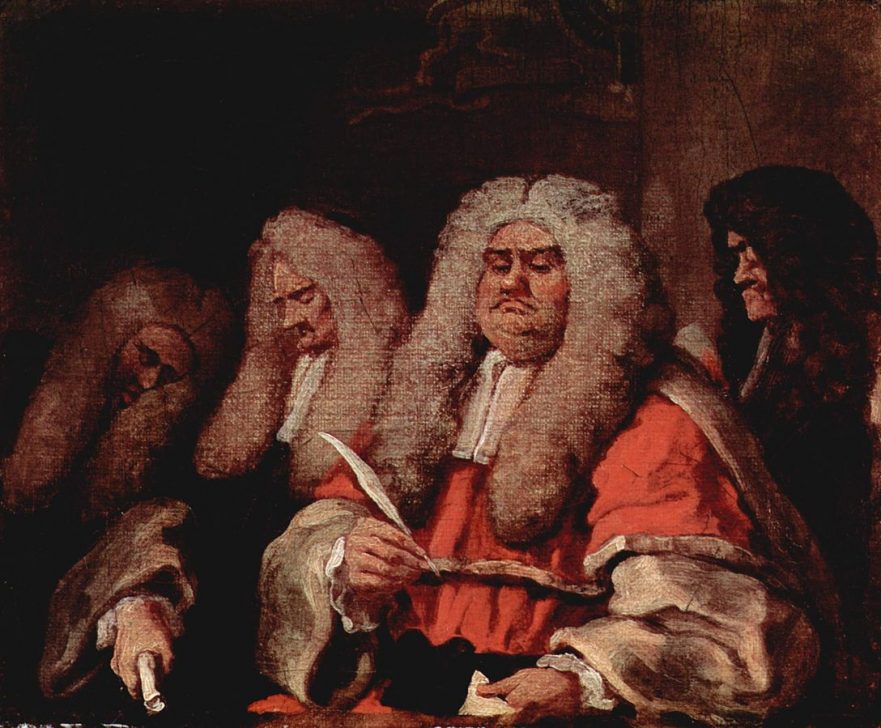
Luke 18:1-8
(Huck 185; Aland 236; Crook 289)For abbreviations and bibliographical references, see “Introduction to ‘The Life of Yeshua: A Suggested Reconstruction.'” Revised: 21 October 2022
וַיִּמְשׁוֹל לָהֶם מָשָׁל לֵאמֹר דַּיָּן הָיָה בְּעִיר פְּלוֹנִית שֶׁלֹּא יָרֵא שָׁמַיִם וְאָדָם לֹא כִּבֵּד וְאַלְמָנָה הָיְתָה בְּאֹתָהּ הָעִיר וְהָיְתָה בָּאָה אֵלָיו לוֹמַר שָׁפְטֵנִי מִיַּד בַּעַל דִּינִי וְהָיָה מְמָאֵן זְמַן הַרְבֵּה וְאַחֲרֵי כֵן אָמַר בְּלִבּוֹ אַף עַל פִּי שֶׁאֵינִי יָרֵא שָׁמַיִם וְאָדָם אֵינִי מְכַבֵּד מִפְּנֵי שֶׁמֵּבִיאָה עָלַי צָרָה אַלְמָנָה זוֹ אֶשְׁפוֹט אוֹתָה שֶׁמָּא תָּבוֹא וְתִפְגַּע בִּי לְעוֹלָם וַיֹּאמֶר הָאָדוֹן שִׁמְעוּ מַה דַּיַּן הָרֶשַׁע אוֹמֵר וְהֲלֹא יַעֲשֶׂה שָׁמַיִם מִשְׁפַּט בְּחִירָיו הַצּוֹעֲקִים לוֹ בַּיּוֹם וּבַלַּיְלָה הֲמִתְאַפֵּק עֲלֵיהֶם אֲנִי אוֹמֵר לָכֶם יַעֲשֶׂה מִשְׁפָּטָם בִּמְהֵרָה
Then Yeshua told them this parable: “There was a judge in a certain town who was not a God-fearing man, neither was he concerned about human welfare. Nevertheless, there was a widow in that town who kept coming to him demanding, ‘Rescue me from my legal opponent’s power!’ But the judge kept refusing her for a long time.
Some time later, however, the judge thought to himself, ‘Although I am not a God-fearing man, and although I have no concern for human welfare, yet because this widow keeps on bothering me, I will rescue her, or else she’ll keep on coming to pester me forever!'”
The “How Much More” Rabbinic Principle of Interpretation in the Teaching of Jesus
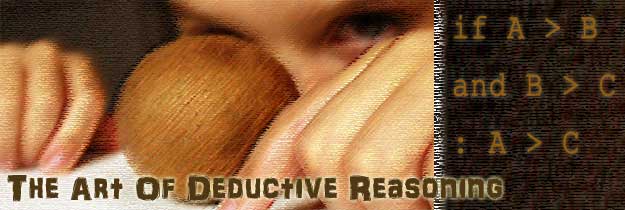
Matt. 7:11 (= Luke 11:13); Matt. 10:25; Luke 12:28 (= Matt. 6:30); and Luke 23:31…. (Matt. 7:9-11)
There is another passage in which Jesus employs simple-to-complex logic to prove God’s reliable care for his children.
Jesus and the Enigmatic “Green Tree”
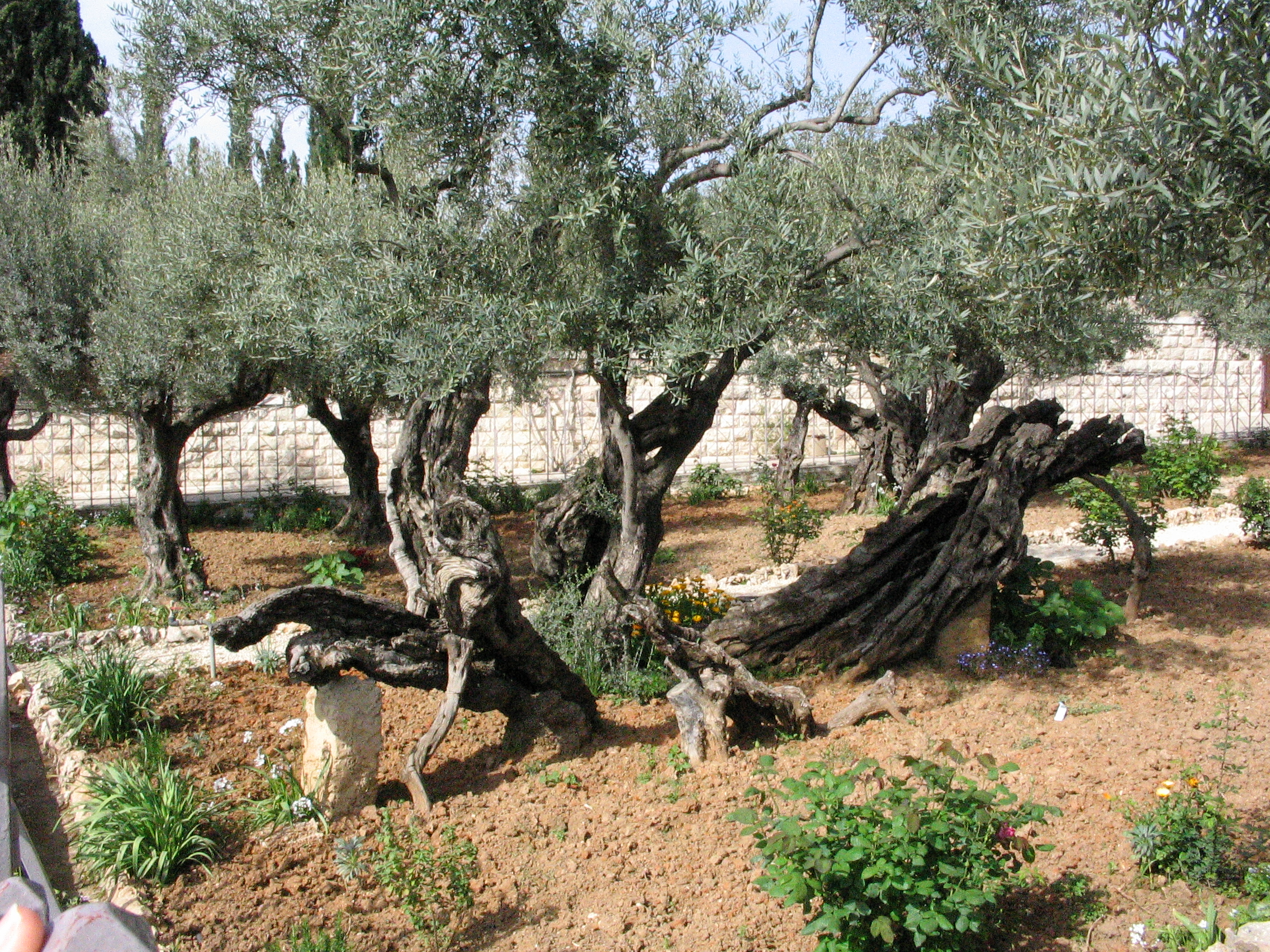
The above image, courtesy of Gary Asperschlager, shows olive trees growing near the Church of All Nations on the Mount of Olives. Revised: 19-Apr-13How did a Jew in Jesus’ time announce that he was the Messiah? One accomplished this by applying to himself words or phrases from Scripture that were interpreted by members of his community to be references to the coming Messiah. Being interpretations rather than direct references, such messianic allusions are extremely subtle, and easily missed by modern readers of ancient Jewish literature. Claimants certainly did not reveal themselves by simply declaring, “I am the Messiah,”Even today a Jew who believes he is the Messiah never says, “I am the Messiah,” but rather, a messianic pretender refers to himself using words or phrases from scripture texts that have been interpreted messianically.
Jesus’ Reference to Folklore and Historical Events
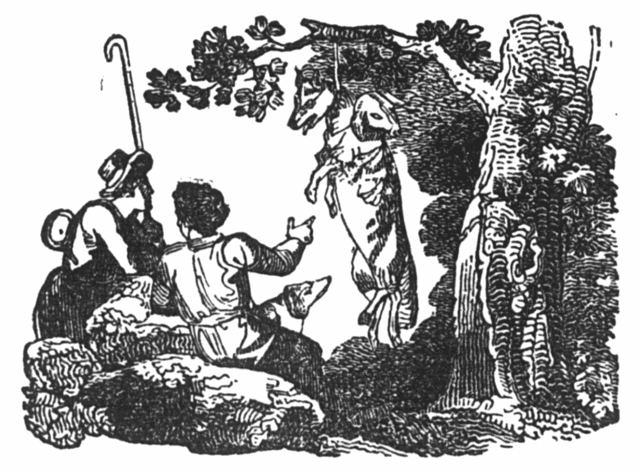
This cultural interplay is clearly depicted in Jesus’ references to commonly known fables of his day in Matthew 7:15, Luke 4:23, Luke 7:24 (cf. … As Jesus taught in the same vein as other Jewish rabbis in the first century, he used this technique and illustrated his knowledge of folklore in the four following passages: Matt. 7:15, Luke 4:23, Luke 7:24 (cf.
Let the One Who Has Ears to Hear, “Hear!”
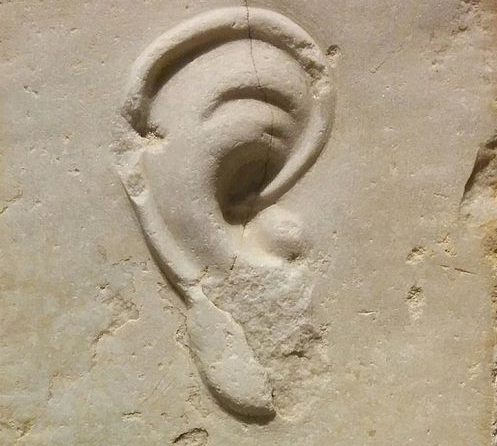
— wp:paragraph –>
While adaptation of existing parables is common in Rabbinic Judaism, Christian students are surprised to observe how closely Jesus’ parable of The House Built upon the Rock (Matt. 7:24-27; Luke 6:47-49) resembles an ancient similitude in Avot de-Rabbi Natan (Version A, chap. 24; Goldin, p. 103).
Cataloging the Gospels’ Hebraisms: Part Six (Parallelism)




